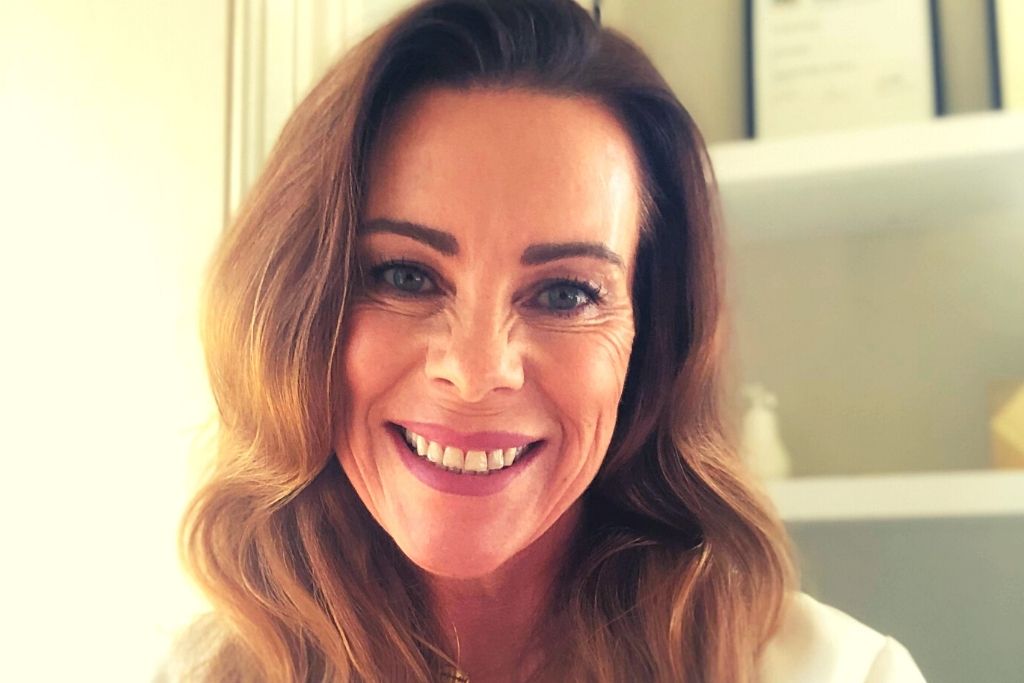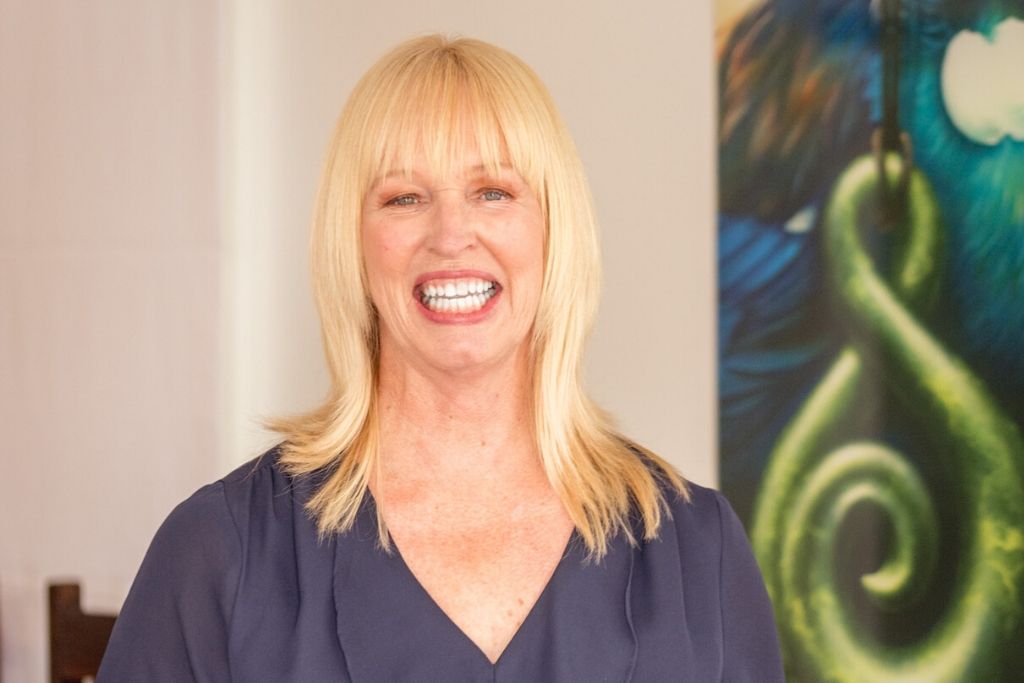
Today's expert is Michelle, a Registered Nurse and Addiction Clinician working at a mental health and addiction centre in Canterbury.
=============
Mrs D: How are you usually put into contact with people who have a problem with alcohol?
Michelle: They're usually referred from community services such as such as GP's, the Alcohol Drug Helpline, schools, courts.
Mrs D: What sort of approach do you take with an individual?
Michelle: Empathetic, non judgmental approach that is centred around what the person with addiction wants. My approach is holistic, seeing the whole person and their story in assisting them to make change.
Mrs D: What sort of impact can heavy alcohol use have on a person’s emotional wellbeing?
Michelle: Alcohol use can be very significant on a person's wellbeing. Alcohol is a central nervous system depressant so it can affects a person's mood and wellbeing. It is common to see people who are drinking have depression or anxiety related to their drinking. Alcohol usually affects good quality sleep and nutrition as well which can then impact further on their wellbeing. A person's ability to manage stress can be diminished over time from alcohol and ends up having more of a negative impact.
Mrs D: Often we think the alcohol is helping us deal with stress and negative emotions (I know I did), do you think alcohol helps a person deal with those things?
Michelle: In the short term the person feels that it does help deal with stress and negative emotions. Alcohol will numb a person's emotional response so they end up avoiding these negative emotions but they end up never dealing with them properly. Usually if a person is using alcohol to deal with stress over a longer period of time it fails to keep working and life can become overwhelming and difficult to manage. The ability to deal with stress becomes diminished. The hard thing is if a person then stops drinking they then have to face all the emotions they haven't dealt with and this can be very overwhelming, painful and difficult.
Mrs D: How can addiction clinicians help someone gain the strength and determination needed to remove alcohol from their lives - plus deal with any underlying problems?
Michelle: It is about engaging with the person, hearing them and understanding their story. When you understand someone and can reflect that back a person feels validated. It is about finding what motivates a person to want to make change. Asking them "what are the good things about your drinking?" and on the other side of that "what concerns you about your alcohol use?" How do they see their life with alcohol not in it? How do they see their life if they continue to drink? Where do they see themselves in 5 years time with or without alcohol in their life? It is also about providing a person with information and options and asking them what they think they may like to do. A clinician is also going to help identify strengths and instil hope that this person has the ability to change and then give them a number of different choices and options that they can use to remove alcohol from their lives. Patience, reliability, trust, support, empowering, self efficacy and hope are important qualities to offer in the relationship with someone who wants to stop drinking.
Mrs D: How can they help themselves?
Michelle: Education about being sober, reading blog sites or writing about their journey, activities of wellbeing, understanding high risk situations and how to either avoid these or manage them, seeking support, connections to others who are on the same journey can be very helpful, being honest to those closest to them and asking others for help. Learning how to relax and find activities that provide a natural high.
Mrs D: Any 'top tips' for Living Sober members who might be in the very early stages of sobriety?
Michelle: Understand that there are different stages to this journey. It will be challenging when you start to feel emotions you have forgotten about or even never felt ... the journey can get really tough. This is usually in the first few months. Organise counselling or therapy to identify and learn new ways to deal with emotions - this can be very helpful. Remember it does get easier. A person can feel sad, tired, fatigue, lazy, unmotivated, that they don't find joy in life, these are all symptoms of making change. Remember that the brain will take at least 3 months to heal after stopping drinking so give your body and mind time to heal. Self care is paramount!
Mrs D: What’s the best part of your job?
Michelle: I love working with people and the tapestry of life that they bring. Working with people and assisting them to make change. I love seeing the changes that people go through but also helping people through the challenges and learning to accept all the parts of themselves in moving forward. I love seeing people work towards their potential and true selves.
Mrs D: Anything else you’d like to add?
Michelle: I love my job! If you are reading these take each day as it comes and life can be so wonderful and fulfilling sober!






Hello, I recently found your site and enjoyed reading what you have written. I recently published a book on Barnes and Noble titled Thanks For Letting Me Share. The same book is available on Amazon part I and II. The Barnes and Noble version combines both books. It is a book of funny, profound quotes, anecdotes and quips from and for those recovering from drugs and alcohol. The Amazon versions are available in paperback and ebook format. The B&N paperback is available and ebook is pending an EAN number. If you have an email i can send you the Kindle books to read for free. I take whatever proceeds I receive and buy more paperbacks and then ship them to random alcohol and drug treatment centers across the USA. It is my way of doing service work, spreading our message. If you are in recovery like myself I am sure you would enjoy reading these. This is my first attempt at publishing and I am very happy I did this because it was an idea I had when I first surrendered and entered recovery. Take care and keep writing because you are very good at it!
Best,
Steven McDonald
stevemacaok@yahoo.com